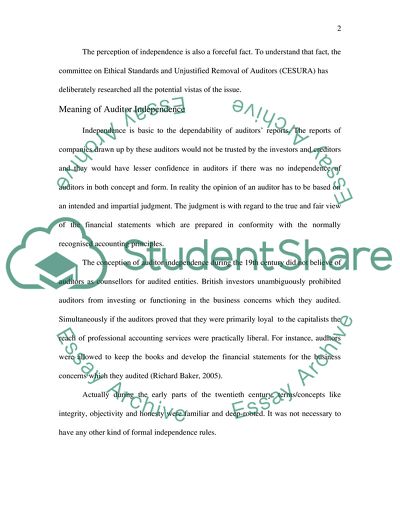Cite this document
(“Responsibility and Authority in Finance: The Auditor Independence Research Paper”, n.d.)
Responsibility and Authority in Finance: The Auditor Independence Research Paper. Retrieved from https://studentshare.org/finance-accounting/1734393-audit
Responsibility and Authority in Finance: The Auditor Independence Research Paper. Retrieved from https://studentshare.org/finance-accounting/1734393-audit
(Responsibility and Authority in Finance: The Auditor Independence Research Paper)
Responsibility and Authority in Finance: The Auditor Independence Research Paper. https://studentshare.org/finance-accounting/1734393-audit.
Responsibility and Authority in Finance: The Auditor Independence Research Paper. https://studentshare.org/finance-accounting/1734393-audit.
“Responsibility and Authority in Finance: The Auditor Independence Research Paper”, n.d. https://studentshare.org/finance-accounting/1734393-audit.


